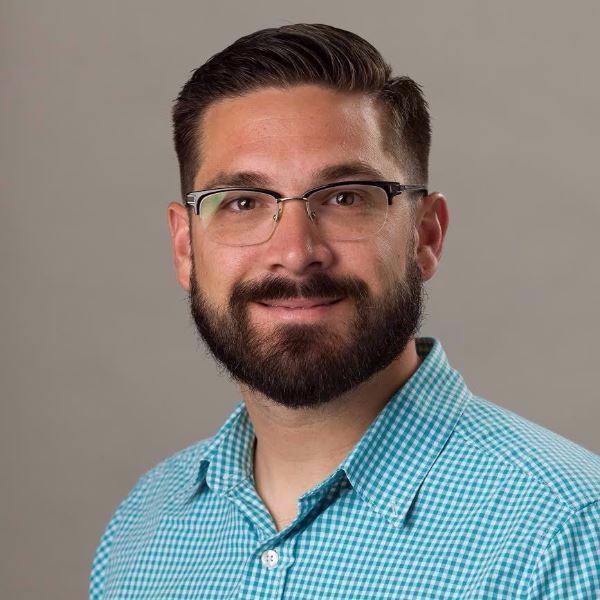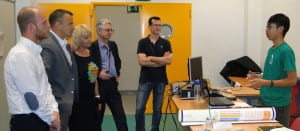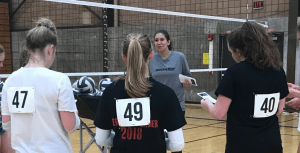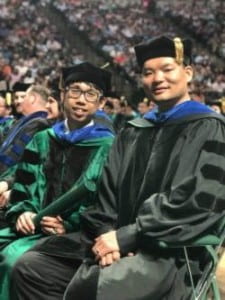Where did you graduate from?
- 2005: College of Saint Benedict (Major: Psychology; Minor: Communication)
- 2007: Ball State University (Masters of Science: Sport and Exercise Psychology)
- 2012: The University of Iowa (PhD: Health and Human Physiology; Emphasis: Psychology of Sport and Physical Activity)
What do you like to study?
- As a certified mental performance consultant I am interested in studying how mental skills training can enhance athlete, coach and exercise participants’ performance. I am also interested in studying how health behaviors impact overall health and well-being.
- I have always been interested in human behavior and in particular what motivates people to engage in the behaviors that they choose to participate in. I have always loved sport and exercise so I combined my interests of sport and exercise with behavior and found the field of sport and exercise psychology.
- I love when students catch on and are able to connect what we discuss in class to their own experiences/the real world. It is very gratifying to watch students learn to be critical thinkers and apply their knowledge both in and out of the classroom. I also enjoy supporting students’ development to help them achieve their academic, professional and personal goals.
- I am looking forward to being part of the building process with the Sport, Exercise, and Performance Psychology graduate program. I am excited to provide sport, exercise, and performance psychology experiences and curriculum to students so that they can be successful mental performance practitioners in their future careers. I am also looking forward to joining a strong Psychology department that provides a variety of learning opportunities for students. I am excited at the potential to add additional projects for students to gain hands-on experience with research and experiential learning opportunities.
- I enjoy all kinds of fitness hobbies! At the top of the list would be lifting weights, playing tennis and watching sports. I also enjoy reading, baking, and spending time with family. Now that I am closer to home, I will be able to spend more time with my nieces and nephews who have previously really only known me through Facetime!
 Where did you graduate from?
Where did you graduate from?


